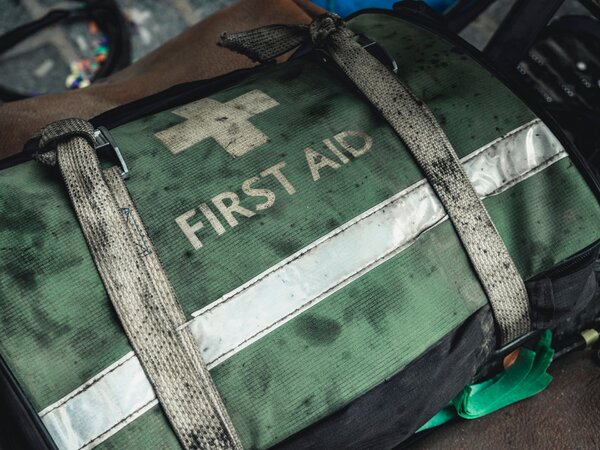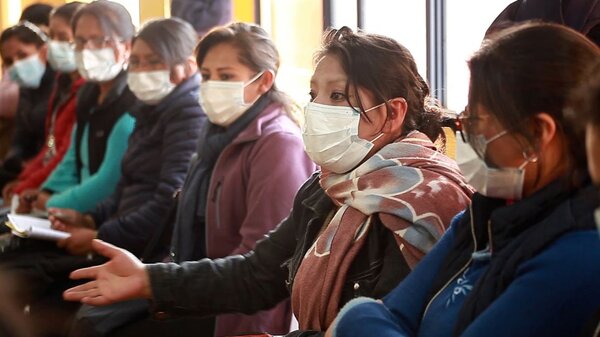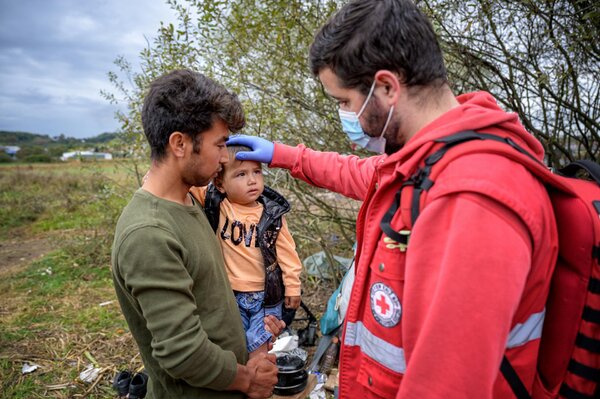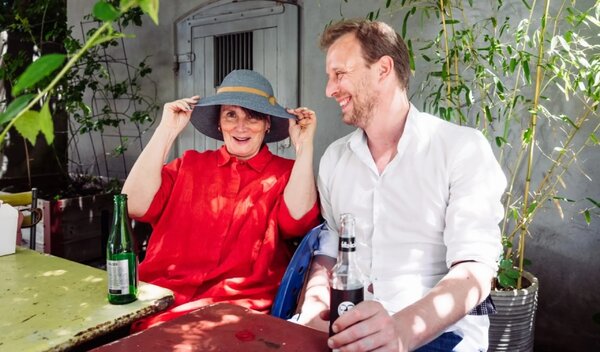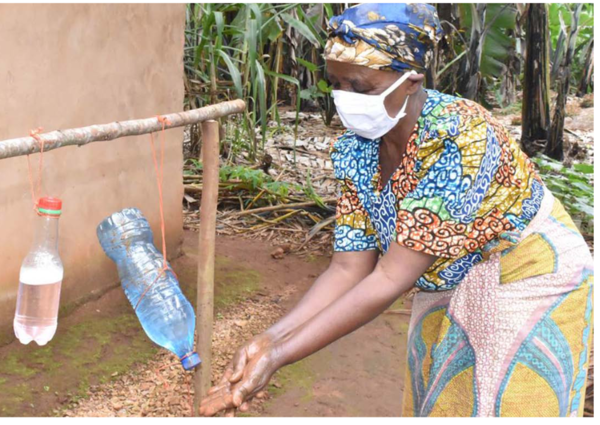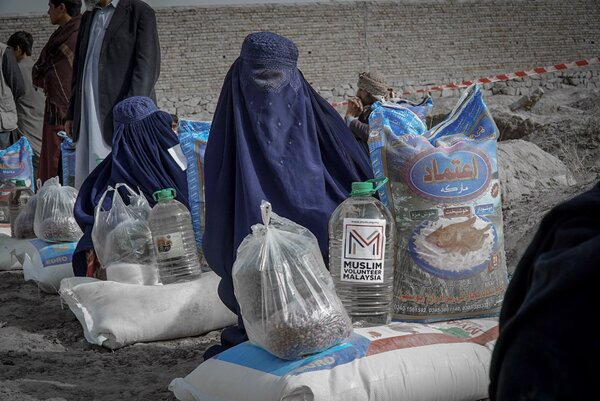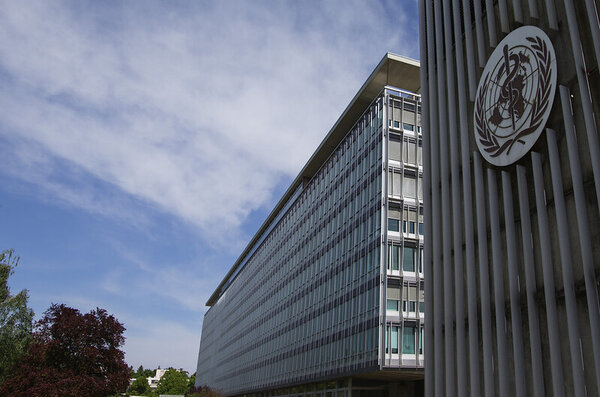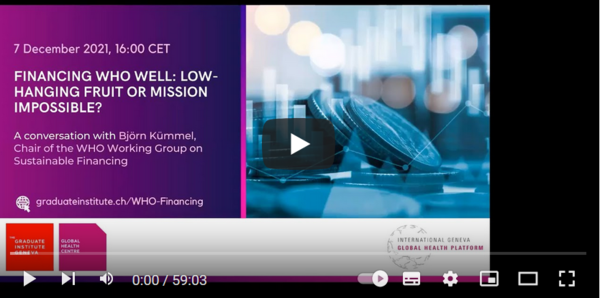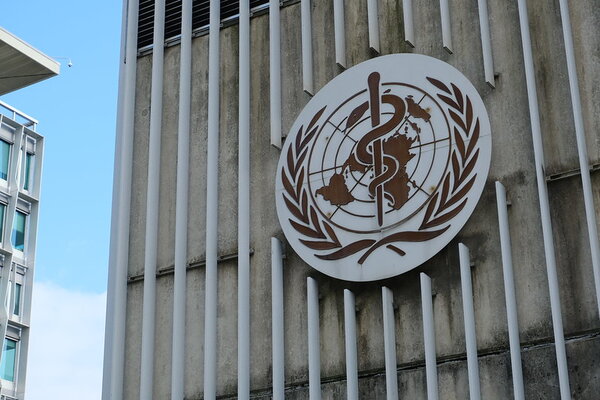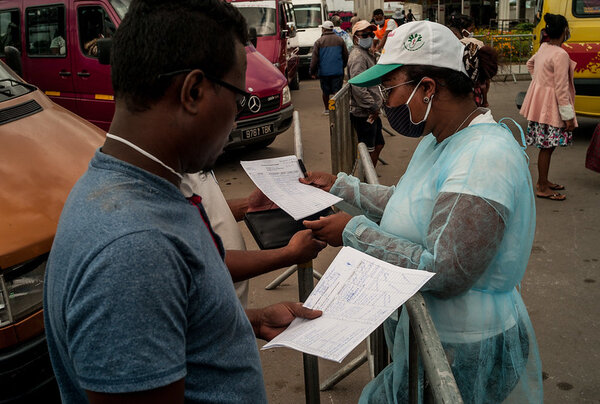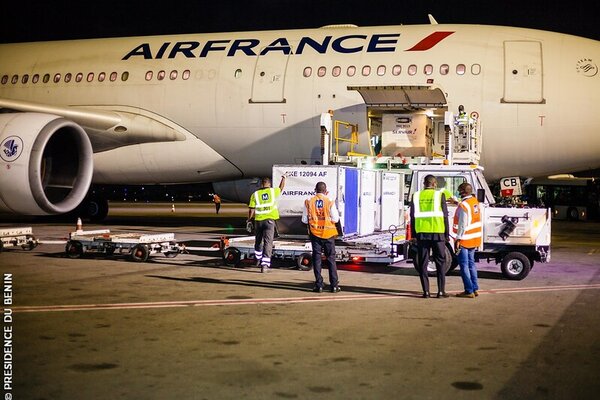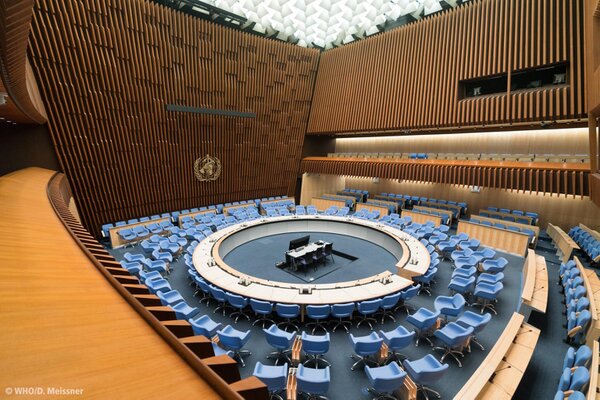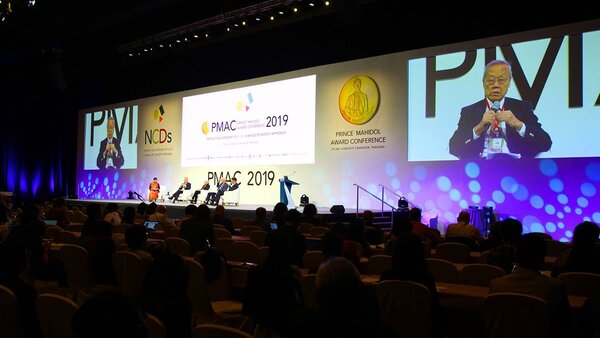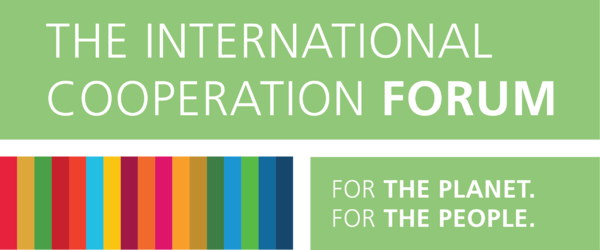L’augmentation des épidémies susceptibles d’évoluer en pandémie sont dues, par exemple, à la progression des populations dans des zones jusqu’à présent non explorées les faisant entrer en contact avec des animaux sauvages et les exposant ainsi à de nouvelles maladies. Ce contact étroit entre les humains et les animaux sauvages est, soit une conséquence de la détérioration climatique, soit à l’origine des activités économiques qui, à l’inverse, causent ces changements climatiques.
Déterminants sociaux
De même, la capacité à faire face à ces crises dans le monde dépend fortement des déterminants sociaux. Dans les pays du Nord, nous pouvons continuellement recevoir des doses de rappel pour stimuler notre système immunitaire, tandis qu’ailleurs, presque aucun vaccin n’a franchi la frontière nationale. Nous pouvons rendre notre espace urbain plus vert et donc plus « acceptable » vis-à-vis de la détérioration climatique, alors qu’ailleurs il ne reste que l’option de l’exil. Tandis que certaines de nos populations ont la possibilité d’apprécier la vie professionnelle sous forme de télétravail, d’autres sont directement exposées au virus comme par exemple, à la caisse d’un centre commercial ou dans les unités de soins intensifs, s’affairant sans relâche autour de patient.e.s atteint.e.s de Covid-19. Et pendant que les chaudes nuits d’été se rafraîchissent grâce à mon jardin et mes espaces verts, les températures dans les quartiers défavorisés de la ville restent élevées.
Cette année, Medicus Mundi Suisse se consacrera à l'examen détaillé des différentes dimensions de ces crises. Quelle importance ont-elles pour le travail dans le cadre de la coopération internationale en matière de santé et comment notre secteur peut-il contribuer de manière pertinente à la réduction des émissions qu’il cause ?
Malgré les mots quelque peu dystopiques de cet éditorial, je vous souhaite de tout cœur mes meilleurs vœux pour la Nouvelle Année. À propos, la température hier à Bâle était de +18 °C, la température la plus élevée jamais enregistrée pour le mois de janvier depuis le début de la série de mesures prises dès le 19ème siècle.
Martin Leschhorn Strebel
Réseau Medicus Mundi Suisse
E-Mail


